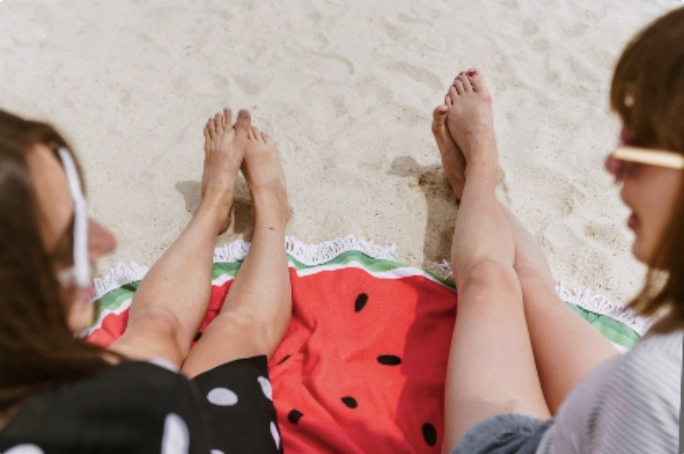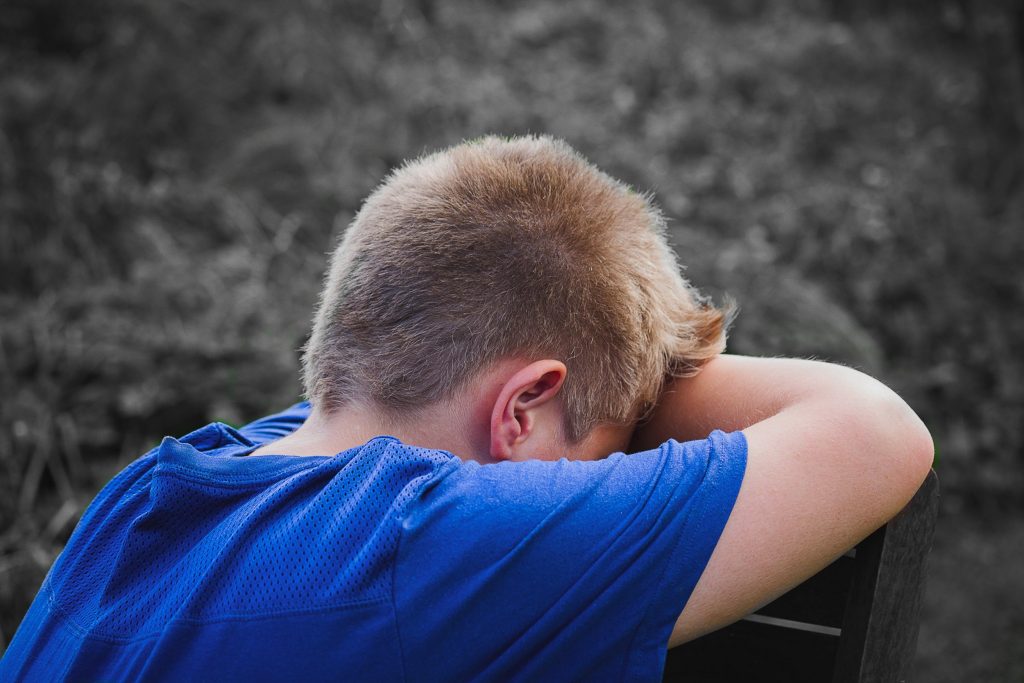10 Ways to Teach Your Child Social Skills in Daily Life

 Some kids learn easily how to navigate any social event and other kids do not. As a parent, you are her original teacher and you are with her day in and day out, so you can help her practice her social skills in daily life.
Some kids learn easily how to navigate any social event and other kids do not. As a parent, you are her original teacher and you are with her day in and day out, so you can help her practice her social skills in daily life.
Consider the opportunities in daily life such as standing on the sidelines at a soccer game, playing in the park, shopping in box stores and malls, standing in line at the grocery store, going to barbeques as a chance to be your child’s social skills coach.
10 Ways to Teach Your Child Social Skills In Daily Life:
1. Help Your Child Become a Social Spy–
Build your child’s awareness by teaching your child to be a social spy. The concept is that the child can to go into public with a mission to be a social spy where she will obtain specific social information. You will rehearse with your child ahead of time, so she learns to watch other people in a subtle, covert way and to listen without looking like she is listening. The idea is to observe a specific behavior so she can learn crucial information about her peers such as how they dress, what they talk about at lunch as well as to teach her how to observe and also notice other people’s behavior, mood, energy and to scan and read the room.
2. Spy at a Party to Identify the Unspoken Rules-
In every environment there are unspoken rules, the subtle and nuanced rules of how you are expected to behave and what is acceptable in that environment. As you take your child to different environments, practice having her enter each event to covertly spy and uncover the unspoken rules of the household. You can start by promoting her and sharing your observations then have her spy and report back. Have her notice: Is the house casual or formal? How do the members of the family treat the furniture? Are they tidy, messy, do they care about organizing? What is important to them? Should you touch items in the house or keep your hands to yourself?
3. Take a Box Store Field Trip-
Take a field trip with your child to a public place like a mall, a box store, a large shopping plaza and spy on shoppers and workers in the stores. Have your child spy to notice social verbal and nonverbal cues and to collect information. Notice and draw a map of all the entrances, exits, and bathrooms. How many are there? Do employees wear uniforms? What do the uniforms tell you about who is doing what job? Based on what you observe who is in charge in this store? Who is in charge but does not wear a manager tag? Who is the grumpy employee? What verbal and nonverbal cues tell you how someone feels? Who is in a hurry? What social cues tell you they are in a hurry?
4. Read the Mood at a Party or On The Playground-
At an event with friends and family or while you are playing on the playground- prompt your child to pick out two people in her family to observe and then to report back what their facial expressions, body language and tone of voice are when they are angry, frustrated, nervous or frightened. Continue to spy on people’s mood throughout the event and ask your child how he should adapt his behavior based on the other person’s mood.
5. Create an Inventory of People at the Party-
Learning who someone is and predicting what they will do comes from stepping into their shoes and noticing a million little details about that person. Help your child learn to predict what motivates people, how they will react to information by playing a game with your child at a party. Before the party, prompt your child to privately collect information during the party to create an inventory of 2 specific people in your life by spying on them and gathering information to answer the questions about their interests, personality, and preferences.
6. Teach Your Child to Engage in a “Polite Pretend”-
The ability to fake interest or happiness and to be polite even when your child is hungry, tired or bored is what I call a polite pretend. Begin by asking him some open-ended questions, what do you think your friend felt about your behavior? How do other people feel about how you treated them? What behavior does the situation call for? This will help your child think about his actions and why performing a polite pretend may be necessary rather than hurting other people’s feelings.
7. Practice Building Small Talk-
Taking a conversation from saying hello to a full-fledged conversation is hard for some children and teens but it is a life skill. Before a social event teach your child these steps so she can consider how to start and move a conversation forward. First consider how the person and situation is similar or different from someone else she knows; consider what shared experiences you have had with the person. Then listen for clues about the person you are talking to or consult your social database for information about them you can use in conversation. Give your child some conversation starters such as, what have you been up to? What has this season been like? Are you taking a trip or vacation this season? Ask your child to walk around with you and start to make conversation with adults or other kids.
8. Reading the Face in the Crowd-
Most communication is through body language and facial expressions. At your next social event, play a game with your child. Ask him to read the faces of people at the party from afar, remind him to spy covertly not glaring or staring. Ask him to share with you discreetly what 5 people’s facial expressions alone, without words tell him about how the person is feeling.
9. Teach Your Child to Learn to Approach a Group-
Prior to a bbq or party, role play approaching a group with your immediate family so your child can get a sense of how to physically maneuver and so she can practice the steps to join a group. The steps are pause and scan the group, think about a similar situation from the past, figure out the group’s unspoken rules, think about who you know, consider what the people in the group are interested in, notice the social cues, body language, facial expressions of the people in the group, make eye contact with the group and initiate a friendly gesture like a smile and then approach the group.
10. Gamify Reading the Context of a Situation-
Context is the situation, the environment, the mood, the circumstances, and what has been going on around you. Some children struggle to pick up on the context and then to adapt their behavior to that context. At a social event ask your child to adapt his behavior to match the audience he is speaking to. Share some examples in advance, did they just get bad news? Are they hurried and busy? Are they sharing good news? Ask your child to demonstrate adapting to the context and then share it with you.
Social Skills Deeper Dive
More actionable advice, exercises and videos can be found in the Store
https://carolinemaguireauthor.com/product/how-to-coach-your-child-bundle/
How to Coach Your Child – Kids need good role models. Skills like listening and communication are critical. This exclusive program for parents teaches how to coach your kids for life.
Adults with ADHD Social Skills Training: How to Get Along with Everyone – 2-Part Seminar with Caroline Maguire – Starting December 7, 2021
Rusty Social Skills Bundle – Everything you need to help students return to the classroom for the development of critical social skills.
Coaching Conversations Video Course – How to use the lessons in Why Will No One Play with Me? in everyday life using real people and real scenarios
From “Hi” to a Full Conversation – How to adapt conversation starters to initiate small talk.
Joining a group Infographic – Make joining a group less intimidating – and more fun!
Building a Conversation Infographic – Learn how to engage in reciprocal give-and-take
Steps for Joining a Group Video – Step by step details to comfortably and successfully join a group
How to Read the Room as an Adult – Managing perceptions and engaging successfully


